‘We take the view that while things are bloody awful, we don’t want to risk making things worse.’ That is how one senior Tory backbencher sums up the mood of the parliamentary party. No one disputes that the Conservatives are in the doldrums. There is no wind in the government’s sails. No. 10 doesn’t know where it wants to take the country. This general sense of drift is interrupted by the occasional squall.
The latest storm was caused by Nick Boles’s criticism of Theresa May. On Friday evening, the former housing minister took to Twitter to lament the lack of a radical government agenda and to tell the Prime Minister to raise her game. Immediately, Westminster began wondering what he was up to. Who he was speaking for? After all, Boles has form. More than anyone else, he persuaded Michael Gove to break dramatically with Boris Johnson during the last leadership contest and stand in his own right. I asked one long-standing May critic if Boles was co-ordinating with others. ‘There’s no plan — as always,’ they answered.
Boles’s frustration, I understand, has been growing since his meeting with May after Prime Minister’s Questions on Wednesday. There, he tried to persuade her of the merits of a radical change to housing policy, but got nowhere. Tellingly, however, Tory MPs didn’t turn on Boles in the way they did with those who argued that May should stand down after the party conference. One source, who has a low opinion of Boles, told me that he was in this instance ‘spot-on’ and that the ‘visionless mediocrity of May and team is a terrible waste’.
Even Nicholas Soames, normally a leadership loyalist, made public his agreement with Boles. Indeed, perhaps the most remarkable thing about the reaction to the Boles tweet was how little effort there was to argue with it. Even May’s most loyal supporters admit that the government doesn’t have much of a domestic agenda; their defence is that Brexit is a dark star that consumes all the government’s energies.
How long can this drift go on? Well, quite a long time. As the senior backbencher I quoted earlier makes clear, Tory MPs don’t want to risk making things worse and a leadership fight would do that. There could be no smooth transition; too many people want the job, and any contest would be an ugly free-for-all. The Conservative party is not only split over policy and what sort of Brexit the country should pursue, but over personnel too. The viciously personal reaction from so many Tories to whatever Boris Johnson says shows how divisive any leadership election would be.
In such circumstances, political parties normally look for a unity ticket that could bind together the different factions. But the Tories don’t have one. I understand that efforts have been made to unite Amber Rudd, who campaigned for Remain and favours high alignment with the EU post-Brexit, and Michael Gove, who was key to Leave’s victory, in some kind of dream ticket. But they have been unsuccessful.
It is tempting, then, to say that ‘nothing has changed’, as Theresa May famously declared after her U-turn on social care. After all, the absence of an agreed successor is still keeping her in place. But this would not be quite right. Several things have changed.
First, the Tories increasingly agree that the May government is listless. As one minister put it to me: ‘There’s plenty of stuff going on but it is all a bit cones hotline.’ Even May’s former chief of staff, Nick Timothy, is openly lamenting that ‘Conservatives have lost their confidence and sense of direction since last year’s election.’ This puts more pressure on Mrs May to be radical; more and more Tories will be out promoting their own ideas and agendas.
Second, there is a growing consensus that the No. 10 operation isn’t working as it should. A confidant of the Prime Minister says that even ‘she doesn’t take the view that everything is functioning ideally… the great unknown with her is what makes something actually happen.’
Third, the reshuffle has prompted concern that Mrs May really might be thinking about fighting the next election — something that many Tories from the cabinet down would vigorously resist. Some note how ambitious MPs from the 2010 intake, such as Dominic Raab and Rory Stewart, were denied the promotions to cabinet that would allow them to establish themselves as serious leadership contenders. Downing Street attempted to shift the focus on to the 2015 and 2017 intakes, who won’t be ready for high office until the end of this parliament at the earliest.
The squall initiated by Boles’s tweet will almost certainly die down when the Brexit talks resume. The EU publishes its guidelines for the transition next week and May is expected to give a major speech on the kind of trade deal that the UK wants next month. These negotiations fill a news vacuum and obscure the absence of a politically compelling domestic agenda. Indeed, if May were clearer about the kind of Brexit she wanted and what she thought the opportunities of leaving the EU were, the absence of domestic policy would matter less. Her Brexit vision would offer a sense of the country she wants Britain to be.
When Theresa May first became Prime Minister, the fact that she wasn’t a slick operator was seen as an advantage. Things are very different now. Tory MPs yearn for more charisma and radicalism. Mrs May isn’t likely to change, though. She is an innately cautious politician, and the one time she abandoned this caution she lost her majority.
Governments take on the character of their prime minister, and a May government is never going to be a show-stopper. But No. 10 needs more of an agenda. Its three stated priorities beyond Brexit and the economy are housing, school standards and the environment. It is only on the latter that its agenda seems sufficient to the challenge. That must change or the Tories risk presenting themselves as the party that thinks the reintroduction of the beaver is the most pressing domestic issue facing Britain.
James Forsyth, Katy Balls and Isabel Hardman tackle the drift on The Spectator Podcast.
Got something to add? Join the discussion and comment below.
Get 10 issues for just $10
Subscribe to The Spectator Australia today for the next 10 magazine issues, plus full online access, for just $10.
You might disagree with half of it, but you’ll enjoy reading all of it. Try your first month for free, then just $2 a week for the remainder of your first year.


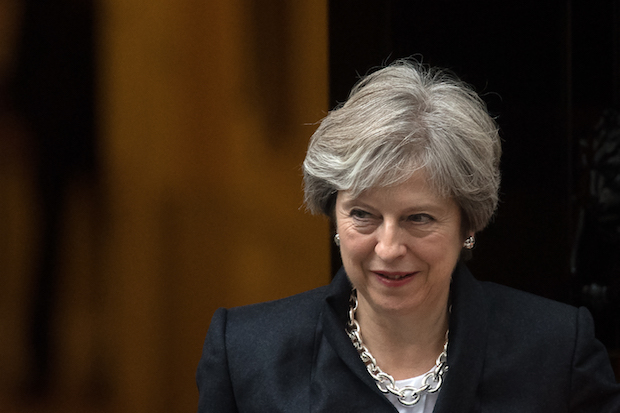
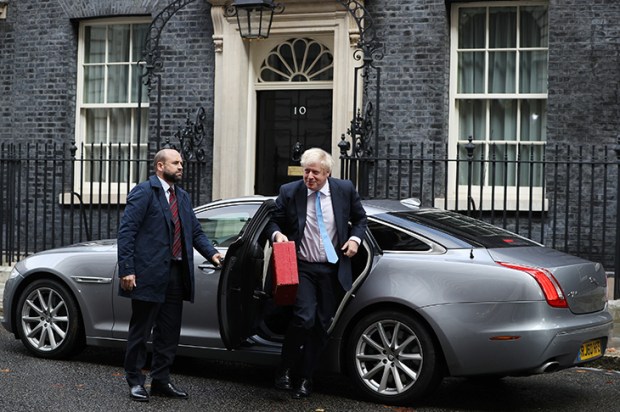
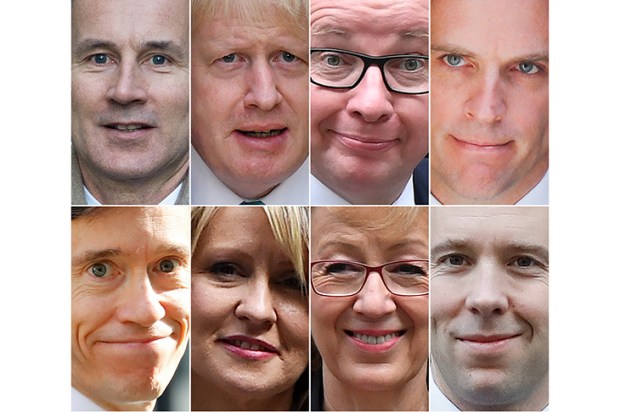

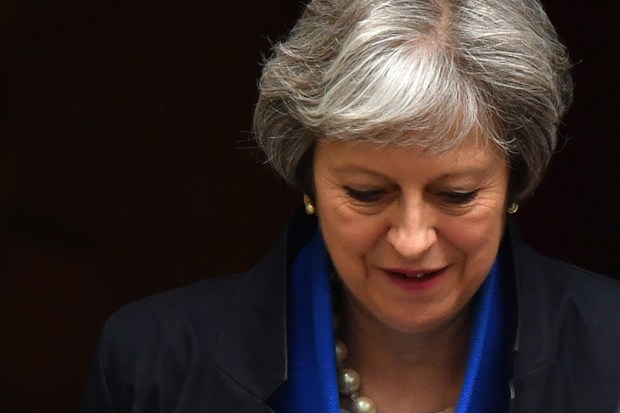

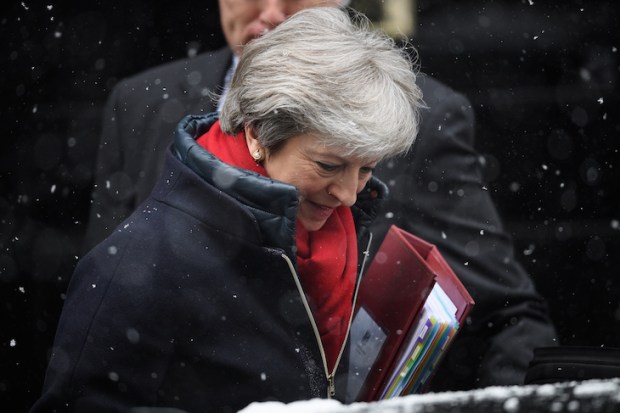






Comments
Don't miss out
Join the conversation with other Spectator Australia readers. Subscribe to leave a comment.
SUBSCRIBEAlready a subscriber? Log in